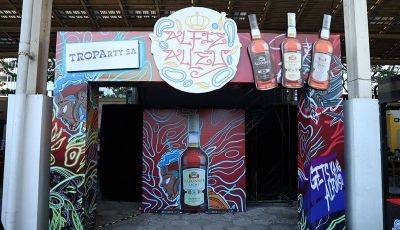What is the sugar scandal hitting Nestlé and what happens now?
Nestlé’s baby food products sold in low and middle-income countries contain unhealthy levels of sugar, found an investigation by Swiss NGO Public Eye and the International Baby Food Action Network (IBFAN).
What’s more, while the food giant abides by marketing restrictions in Europe, it also “takes advantage of the weakness of existing regulations” in lower and mid-income countries, the probe found.
Researchers examined about 150 products and found in many cases that the same baby formula with no added sugar in Switzerland, Germany, France, and the UK, contained unhealthy levels of it in countries such as the Philippines, South Africa, and Thailand.
“There is a double standard here that can’t be justified,” said Nigel Rollins, a scientist at the World Health Organization (WHO), when authors presented him with the findings.
Nestlé controls 20 per cent of the baby formula market in the world, with the company’s head of nutrition, Thierry Philardeau declaring in 2020 that 15 million babies relied on its products. That’s nearly the population of the Netherlands.
The company’s wheat cereal Cerelac and its powder milk Nido are the number one brands in the world, with sales exceeding €2 billion in 2022, according to business intelligence company Euromonitor.
Authors found that one portion of Cerelac for six-months-old babies sold in Thailand contained 6g of sugar (the equivalent of a cube and a half of sugar per serving). In Germany and the UK, the same instant cereal had no added sugar at all.
While foods with natural sugar, such as fruits, are safe for infants and children according to the World Health Organization (WHO), added sugars are problematic as they can pave the way for obesity and noncommunicable diseases such as cardio-vascular disease - the leading cause of death in the world.
The UN agency has been calling for the industry to reduce “free sugars” since 2019 in foods of children aged 6 to 36 months.
The Public Eye report also highlights that the WHO “warns that exposure to sugar early in life can create a life-long preference for sugary products,” especially in the first two years of a child’s life.
Worldwide obesity has more than doubled since 1990.







